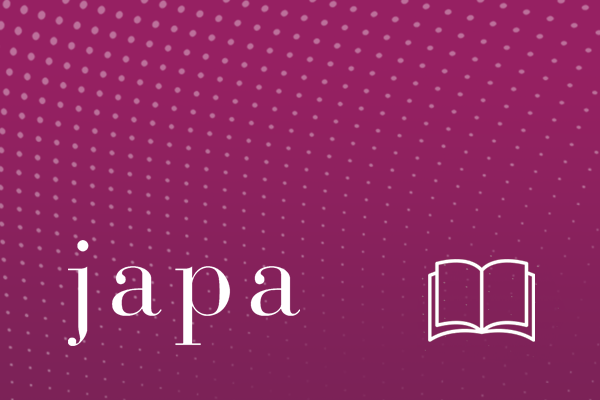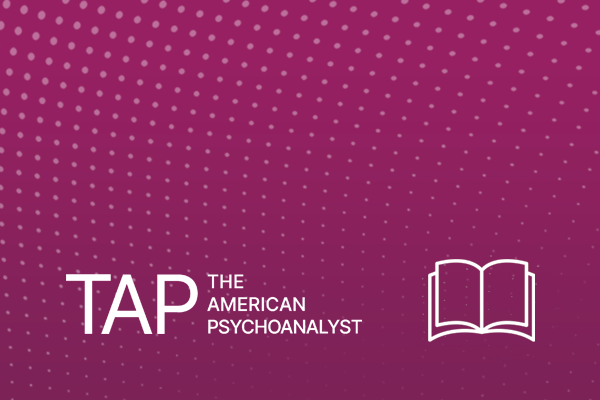All submitted proposals are carefully reviewed with respect to aims, methods, clarity, and significance. In addition to designating the Type of grant requested (Research Grant, Beginning Scholar Pilot Grant, Beginning Scholar Consultation Grant, or a Beginning Career Award Grant), each applicant for a Research Award is invited to designate in which Domain he/she would like the application to be considered (outcome research, process research, psychoanalytic research in relation to mind and brain, child and adolescent development and analysis, or conceptual research).
Applications are funded based on merit. Thus, the Fund does not award a minimal number of applications every year but does make every effort to find merit in individual submissions. Every member of the Board of the Fund reads all applications. If the applicant has designated a research Domain, the Board will appoint an appropriate member of the Board to oversee the review of that application. If the applicant does not designate a research Domain, or chooses more than one (which is allowed), the Board will decide which reviewers are most suitable for the application. Three members of the Board and/or outside consultants are asked to provide detailed written reviews, which are abstracted and summarized for the applicant in a letter written by the chairman of the Board of the Fund. The identities of the reviewers are not made known to the applicant. Many past applicants have found the detailed reviews useful for future submissions to the Fund as well as to other agencies.
The Board seeks the consultation of outside reviewers if (a) the application presents methods and/or concepts not within the expertise of any member of the Board; (b) the applicant or any member of the Board requests an outside reviewer; or (c) two or more members of the Board have a conflict of interest with the applicant. Conflicts of interest occur when the applicant and the Board member are from the same institution, have an advisory, supervisory, and/or clinical relationship, or the applicant has sought the consultation of a member of the Board around the preparation of an application. In the event that a member of the Board has a conflict of interest with a submitted application, the Board member is not present for the discussion of that application and does not vote regarding funding. Outside consultants are sought at the discretion of the Board but any applicant may request an outside reviewer and may provide the Board with a list of names of possible reviewers that the applicant feels would be appropriate for their submission. The applicant should not submit names of collaborators, mentors, or any individual from their own institution. The applicant should also not submit names of persons who have been involved as consultants, even if briefly, in the preparation of their application. The Board seeks “arms-length” outside consultants and looks to individuals for their expertise, not their psychoanalytic affiliation. Outside consultants are asked to provide the Board with a detailed written review of the application that will also be provided in the summary letter to the applicant. Once again, outside reviewers are not identified by name to the applicant though the Board will inform all applicants regarding the use of outside reviewers.
All reviewers are asked to judge applications on the following general criteria:
Significance: Is the work proposed of a nature to make a significant contribution to the understanding of mental development, mental processes, treatment efficacy, investigative methods, or anything relevant to psychoanalytic theory or clinical work. For candidates applying for career or consultative awards, significance is judged on how the proposed course of study or consultation may impact the candidate’s future trajectory.
Innovation: Does the proposed work offer some innovative approaches or theoretical models that will potentially move the field ahead—or will the proposed training offer a candidate a chance to make an innovative change in their work?
Approach and Methods: For applications proposing a thematic study, reviewers are asked to comment on the study design, the methods of measurement, strategies for handling and analyzing data, the study hypotheses and models. Applicants are encouraged to present hypothesis driven work. Questions such as “does psychoanalysis work” are not sufficiently specified or hypothesis driven. Also, while the Board recognizes the 12-page maximum for applications does limit the amount of detail, applicants are encouraged to provide as much detail as possible regarding issues such as sampling and measurement. For example, simply saying “we will used standardized measures of depression” is not sufficient—what measure with what characteristics and how administered. Applicants may also include examples of measures in appendices.
In some instances, the Board may also request additional information from applicants if an application of some apparent merit is still insufficiently explanatory. The feasibility of the design also plays a role in the evaluation of the scientific approach. So proposing to study 200 subjects longitudinally in six four-hour-long assessments over two years, while perhaps an interesting and richly complex design, is not a feasible one for the level of funding available through the Fund. Thus, applicants with complex studies seeking assistance with one small part of their study (e.g.,transcription costs or costs for completing detailed clinical follow-up interviews in a previously studied sample) need to be very clear what aspect they are requesting support from the Fund for.
For those applicants seeking consultative or career support awards, reviewers comment in this section on the detail of the consultative or career development plan, how feasible that plan appears, and what supports the candidate already has in place to facilitate that plan.
Environment: Reviewers are asked to comment on the candidate’s prior track record, institutional support in terms of space as well as colleagues and consultants, and on the link to psychoanalytic colleagues. Applicants are asked to provide a description of their institutional resources. This is a particularly important section for applicants seeking consultative or career-award support for they need to comment on the facilities, seminars, and mentoring opportunities available to support their proposed application.
Human Subjects: All applications describing new or ongoing data collection must provide documentation of review and approval by human subjects review boards. Also, applicants need to provide details on how subjects consent to the proposed study. Typically applicants connected with academic institutions will use the human subjects review boards of those institutions. Those working through psychoanalytic institutes may want to consult their institutes regarding human subjects policies. Failure to document procedures for consent and the protection of human subjects will result in an application not being reviewed.
Budget: Reviewers are asked to comment on the feasibility of the budget for the proposed research and/or career, consultative award. Reviewers also check to be sure all budget requests fall within the guidelines of what is supported by the Fund (see Instructions for Submission). Note that any concerns regarding the budget do not influence the decision regarding the merit of the application. Applications are awarded independent of budget requests. The Chairman of the Fund may then consult with the applicant if aspects of the budget request do not fall within the purview of the Fund guidelines.
SCORING: Reviewers are asked to assign a numerical score to applications on each of 5 scoring dimensions so that all applications in a given review cycle may be weighted. These scores are not provided to applicants but rather are used internally by the Board as a measure of the relative merit of all applications submitted over a year and two review cycles.
The dimensions which reviewers are asked to evaluate are these:



